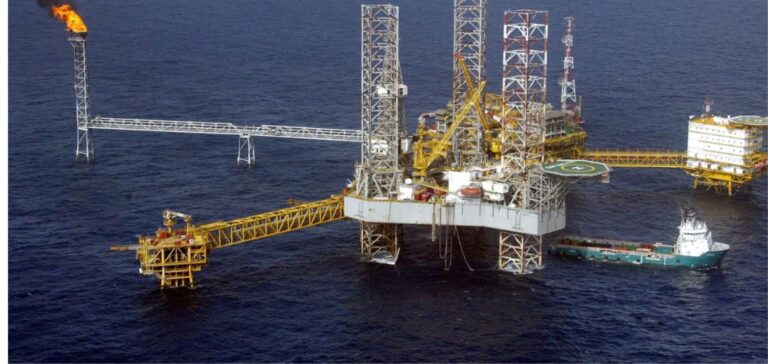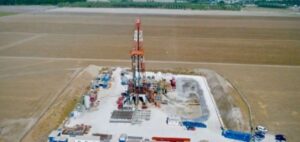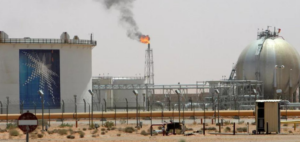Oil and gas exploration is experiencing a global downturn. Energy companies are now focusing on resources and areas that ensure more sustainable production.
A historic decline in oil and gas exploration
The number of licenses and acreage devoted to oil and gas exploration is near an all-time low. The Rystad Energy study shows a decline linked to the Covid-19 crisis and the subsequent oil market crash.
Oil and gas companies have signed 21 exploration leases through August. The figure was twice as high in the first 8 months of 2021. The area devoted to oil and gas exploration this year reaches an all-time low of 320,000 km2. The total number of leases is expected to be 44 this year, 14 fewer than in 2021. This is the lowest level since 2000.
An unfavorable context for fossil resources
Spending on fossil resource exploration has dropped significantly in recent years. Indeed, energy companies are seeking to limit their vulnerability by focusing on sustainable energy sources. The objective is to consolidate a more resilient business model in a context of energy crisis.
The political climate is also unfavorable for oil and gas exploration and licensing. Many governments want to pause or stop concessions. Companies are encouraged to complete their exploration activity within the framework of the licenses already granted.
Aatisha Mahajan, vice president of Rystad Energy’s Analysis Department, says
“Exploration has been in a downturn in recent years, even before Covid 19 or the oil market crash. This trend is set to continue this year and beyond. It is clear that oil and gas companies are unwilling to take on the increasing risks associated with new exploration. This is especially the case in environmentally or politically sensitive areas.”
Governments, less enthusiastic about investing in fossil fuel production, are accentuating this trend. They are now turning their attention to one goal: Net Zero.






















